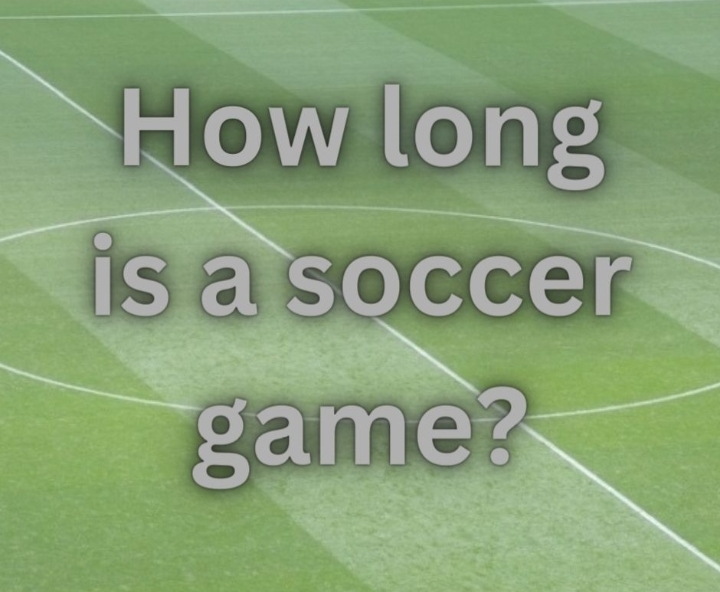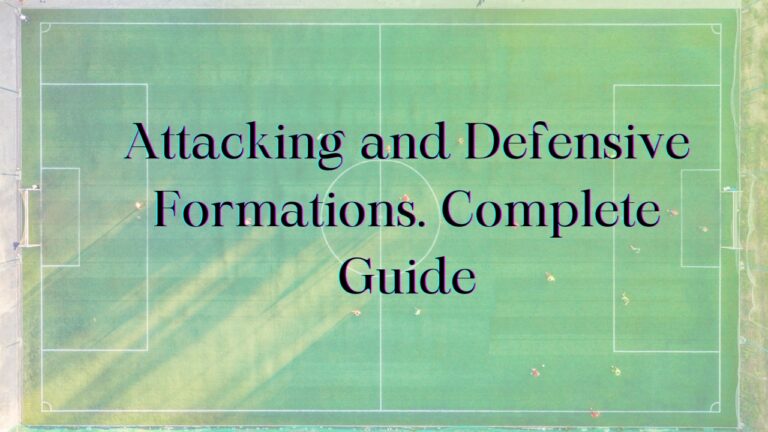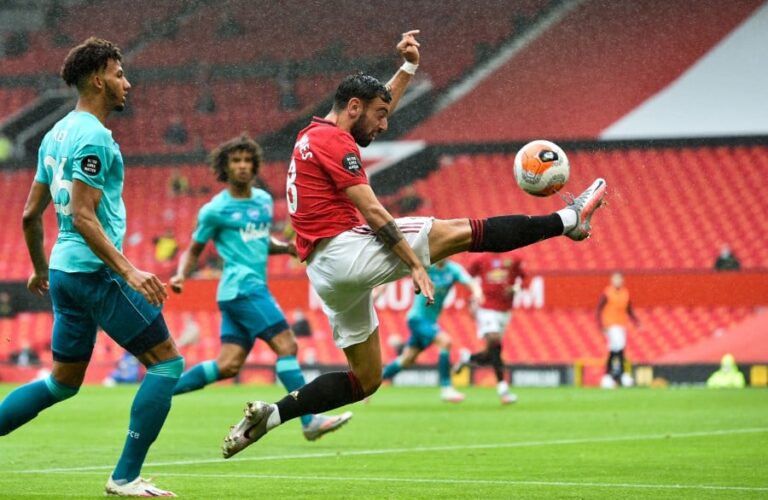Teamwork makes the dream work! In a team sport like soccer, victory goes to the squad that works together seamlessly as a cohesive unit. No matter how skilled the individual players may be, a broken-up team that lacks chemistry will struggle to find success. So what enables a soccer team to build the type of teamwork and communication that leads to wins?
Five key factors allow players to cooperate, synchronize, and function as one on the field. Read on as we dive into the essentials of teamwork and communication on the soccer field and provide actionable tips to take your team to the next level. With strong bonds, constant communication, constructive criticism, understanding of teammates’ tendencies, and off-field camaraderie, your team will be unstoppable!
Communicate Constantly on the Field
Communication is essential for success in soccer. Teams that communicate constantly and effectively on the field have a huge advantage over their opponents. As a player, you need to be in constant communication with your teammates during games and practices. Here are some tips for improving your on-field communication:
- Call for the ball – Don’t be shy about calling for the ball when you’re open. Yell the name of the player with the ball loudly and point to your feet so they know you’re ready for a pass. This helps avoid turnovers and keeps the offense flowing.
- Point out open players – If you don’t have an opening yourself, keep your head up and point out open teammates. Say their name and point so the player with the ball knows they have an outlet.
- Give instructions and warnings – If you see the opponent making a run or notice your teammate is out of position, tell them! Communication prevents gaps in the defense and catches the offense off guard.
- Make eye contact – When expecting a pass, make eye contact with the passer first. This ensures you’re both on the same page and ready for the pass. Miscommunication leads to errant passes and turnovers.
- Celebrate together – After goals and big plays, celebrate together as a team. High fives, hand bumps, and cheers keep energy and morale high!
The bottom line is that constant communication, both verbal and nonverbal, improves team awareness and chemistry on the field. Players who understand this and communicate constantly will give their team an edge over the competition.
Listen to Your Teammates
While speaking out loud constantly is important in soccer, listening is also a critical communication skill. Make sure you are listening attentively to instructions from your coach and captain. Also, listen to any input or feedback from your teammates, regardless of skill level or experience. Here are some tips:
- Focus on coach instructions – Listen closely when your coach is giving directions, either for the whole team or for your position. Make sure you understand your roles and responsibilities.
- Follow captain guidance – The captain is a leader on and off the field. Listen to their commands during gameplay and follow their example.
- Value all teammates’ input – Every teammate on the field has something to contribute, regardless of skill or experience level. Listen openly to their ideas and feedback.
- Stay engaged – Make sure you are tuned into conversations between your teammates on the field. You never know when you’ll need to react quickly to a play call or instruction.
- Ask questions – If you aren’t clear on something, don’t hesitate to ask a teammate or coach. It’s better to clarify than make a mistake.
Making a habit of listening intently will help you absorb key information from your teammates and coaches. This will translate to smooth, seamless teamwork on the soccer field.
Provide Constructive Feedback
Giving feedback and constructive criticism to teammates is tricky, but an essential part of building teamwork. The goal should be to provide helpful, actionable advice, not make teammates feel ashamed or incompetent. Here are some tips for giving constructive feedback:
- Be specific – Unclear criticism isn’t useful. Provide concrete examples and helpful suggestions. Ex: “Make diagonal runs to beat the defender next time.”
- Sandwich negatives between positives – Highlight what they did well before and after the criticism. Ex: “Good hustle getting back on defense. Next time keep your position until you see the play develop. But nice work staying with your man.”
- Focus on actions; – Criticize the action, not the person. Say “Pass earlier next time” rather than “You hold onto the ball too long.”
- Offer alternatives – If a play doesn’t work, suggest a better alternative for next time.
- Use non-judgmental language – Say “That pass was too soft” rather than “Your passes are terrible.”
- Accept feedback openly – Don’t get angry or defensive when teammates provide feedback. It will only help you improve.
Following these tips will ensure your criticism is constructive and helps the team overall. Accepting feedback maturely also models good team behavior.
Know Your Teammates’ Tendencies
In addition to communicating verbally, you also need to understand your teammates’ playing desires and preferences. Getting to know your teammates’ skills, weaknesses, moves, and styles will help you anticipate plays and work together seamlessly. Here are some things to learn about each teammate:
- Strong foot – Are they right-footed or left-footed? This helps them know what side they’ll pass and shoot from.
- Passing style – Do they prefer short, crisp passes or long bombs downfield? This helps you be ready for their passes.
- Run style – Do they tend to make straight dribbling runs or tricky, diagonal runs? Position yourself accordingly.
- Favorite moves – Learn any go-to jukes, stepovers, or shots they use often to predict plays.
- Weaknesses – Is touch their weak area? Be extra careful with hard passes. Is defense a struggle? Provide more help.
- Motivations – Do they succeed on words of affirmation or respond better to tough love? Motivate accordingly.
Studying your teammates allows you to position yourself intelligently and be ready for the plays they are prone to make. It leads to seamless teamwork on the field.
Build Team Chemistry
Developing team chemistry and friendship on and off the field is crucial for building trust and cooperation on the field. Here are some tips for building team chemistry:
- Bond off the field – Get to know teammates personally and spend time together off the field. Team dinners, parties, game nights, or trips build relationships.
- Resolve conflicts quickly – Don’t let anger or disagreements develop. Address issues constructively so they don’t create division.
- Praise and encourage – Compliment teammates when they do well. Say “Good job!” and give high fives. Celebrate goals and wins together.
- Have fun – Soccer is a game! Laugh together when someone makes a funny mistake. Keep practices and warmups light and upbeat.
- Be reliable – Show up on time, work hard, and be dedicated. Reliability builds trust between teammates.
- Check on struggling players – If someone is having issues on or off the field, take time to listen, encourage, and offer help.
Developing true team chemistry requires actively cultivating understanding and trust between all players. The collective team will always be stronger than any individual.
In conclusion
Excellent teamwork and communication are critical for success on the soccer field. Players must communicate constantly, listen attentively, provide thoughtful feedback, understand teammates’ tendencies, and actively build team chemistry.
Applying these five keys will help develop seamless connections between players. Your team will transform into a cohesive unit that leverages the strengths of every team member. Soccer is fundamentally a team sport, and the teams that master teamwork and communication will have a competitive edge as they strive for victory.
Read More: Understanding Soccer Positions and Roles: The Complete Training Guide
Author







